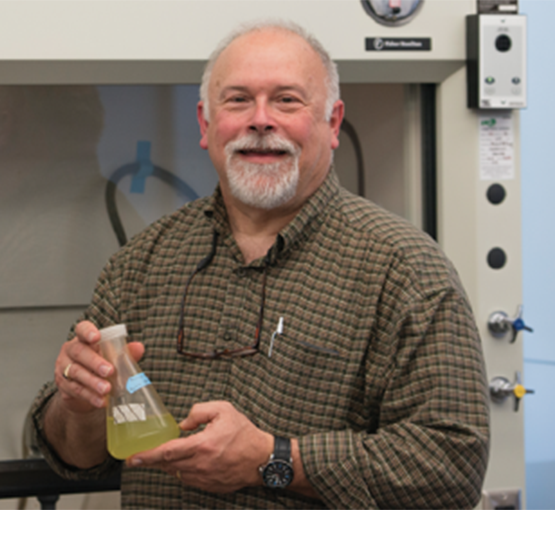The Godfather of Hood Coastal Studies

Dr. Drew Ferrier has directed the Hood Coastal Studies semester since it's inception in 2001.
Coastal and Watershed Program at Hood
Program
- Coastal Studies Program
Department
- Biology
Title
Professor of Biology CoChair, Biology Department Director, Center for Coastal and Watershed Studies Director, Sustainability Studies
For nearly a quarter century, Dr. Drew Ferrier has been teaching and shepherding Hood students through the Coastal Studies semester, and the results of his and Hood's investment appear to be a growing cadre of alumni ecologists, scientists, and advocates who are making a difference in the broader environmental struggle. We asked him how he sees the program now and his thoughts about the future.
Describe some of the adventures and challenges in the field for these Hood students.
From summer 2024 e-news:
Are you ready to say Hello?
Choose a Pathway
Information will vary based on program level. Select a path to find the information you're looking for!
